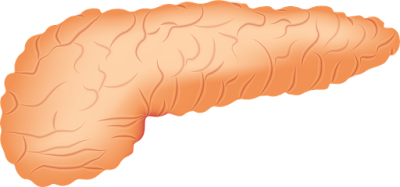The truth about cholesterol
Truths and myths about cholesterol
On the subject of many myths circulating cholesterol. And what is the truth? Do you need to reduce it at any price?
Cholesterol only harms
IS WRONG!
It is not true that only harms. On the contrary, no cholesterol, you could not live, because this fatty substance steroid group plays a very important role in your body.
Note! Cholesterol primarily included in the membranes of most cells, is required for the production of hormones, including sex hormones and bile acids. It is involved in the production of vitamin D and builds immunity. It is essential for the synthesis of adrenal steroids, without which you can not properly function.
Cholesterol promotes atherosclerosis
IS TRUE!
The problem arises when it's too much, approx. 80% of our body produces cholesterol alone (from animal fats containing saturated fatty acids), mainly in the liver. The remaining 20% of the substance in the food you provide your body.
Note! When this part is too much, is deposited in the form of deposits on the walls of arteries. This creates atherosclerosis, which can lead to heart attack or stroke.
Need to consider not only the total cholesterol, but also its fractions
IS TRUE!
To determine whether there is in our high risk for cardiovascular disease, you need to examine not only the total cholesterol, the HDL concentrations (ie. good cholesterol) and LDL (the so-called. bad cholesterol), but also their so-called. subfractions.
Note! The most important test is electrophoresis, which allows to distinguish between HDL and LDL subfractions of different densities and the load. Only this test allows you to determine the risk of cardiovascular disease in an individual. Another important study that must be done, is to determine the marker apo-B, or apolipoprotein B levels. Its result allows you to specify the size of LDL particles and the risk of atherosclerosis.
Standards cholesterol
Standards:
- total cholesterol (less than 200 mg / dL);
- HDL men (35-70 mg / dL);
- HDL cholesterol in women (40-80 mg / dL);
- LDL (less than 135 mg / dl).


Comments
Post a Comment